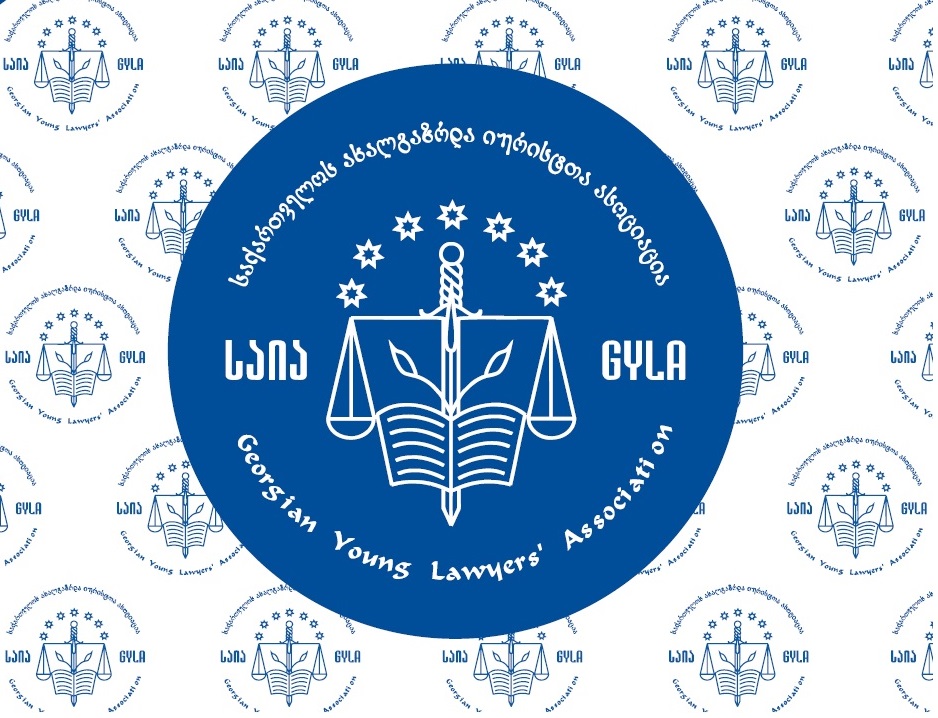


Since July the Constitutional Court has been discussing the joint complaint of the Georgian Young Lawyers’ Association and the organization Article 42 of the Constitution. The case concerned article 208 of the Criminal Procedure Code and article 212 of the Civil Procedure Code according to which the judge was entitled to make the final judgment on the arrest of a person without an oral hearing in case he/she violated court order or expressed contempt of a court.
The applicants considered that the disputed article contradicted with paragraph 2 of article 18 and paragraph 3 of article 42 of the Constitution, paragraph 4, article 5 and article 6 of the European Convention on Human Rights as well as article 2 of the protocol 7 of the Convention.
The specialists invited on the case: Irine Akubaridia –the associated professor of the Tbilisi State University, Otar Gamkhrelidze – a professor and Ioseb Baratashvili – a lawyer completely considered the arguments of the author of the Constitutional complaint and proved the discrepancy of the Georgian Constitution with the international law principles.
According to the Constitutional Court judgment the case has been partially satisfied. Hereby we present the brief analysis of the given judgment and the applicants’ argumentation.
a) Making of the decision without an oral hearing deprives the law beraker of the right to protect himself personally or by lawyer’s assistance (article 42 of the Constitution, article 6 of the Constitution)
The claim has been satisfied
b) Impossibility to appeal the decision on restriction of freedom contradicts with a right of a person to apply to a court for protection of his rights and freedoms as well as with a right to appeal the mentioned decision. (Article 18, paragraph 1 of the Constitution; article 5, paragraph 4 and article 2 of the protocol 7 of the European Convention)
The claim has been satisfied
c) Rendering of a court judgment on the arrest of a person by the same judge who expressed contempt against the judge is a ground for impartiality of a judge and it contradicts with the right to a fair and impartial trial. (Article 42, Constitution of Georgia; article 6, European Convention on Human Rights).
Opinions of the board members were divided equally, that is insufficient for considering the norm unconstitutional. The court, however, shared the applicants’ opinion and considered it necessary to introduce amendments to the legislation in order to avoid violation of impartiality principles and biased interpretation of the law by a judge.
d) Violator of a court order is detained by an act which according to the definition of terms given in the Procedural legislation is not a court judgment and contradicts with article 18, paragraph 2 of the Georgian Constitution.
The opinions of the board members were equally divided, as a result the complaint was not satisfied, the court however by considering the applicants position emphasized that the act by which a person is subject to restriction of freedom should be specified adequately considering its form, content and the way for its adoption. Finally it should be emphasized that the Constitutional Court shared the applicants’ argumentation. Respectively it held that articles 208, paragraph 7 of the Criminal Procedure Code and article 212, paragraph 6 of the Civil Procedure Code contradict with paragraph 1, article 18 of the Georgian Constitution and article 42, paragraph 3 of the Georgian Constitution. The court judgment is in force after its public announcement. (December 15. 16:00)
ჯ. კახიძის #15, თბილისი, საქართველო, 0102 ; ტელ: (995 32) 95 23 53; ფაქსი: (995 32) 92 32 11; ელ-ფოსტა: gyla@gyla.ge; www.gyla.ge
15, J. Kakhidze str. 0102, Tbilisi, Georgia. Tel: (995 32) 95 23 53; Fax: (995 32) 92 32 11; E-mail: gyla@gyla.ge; www.gyla.ge